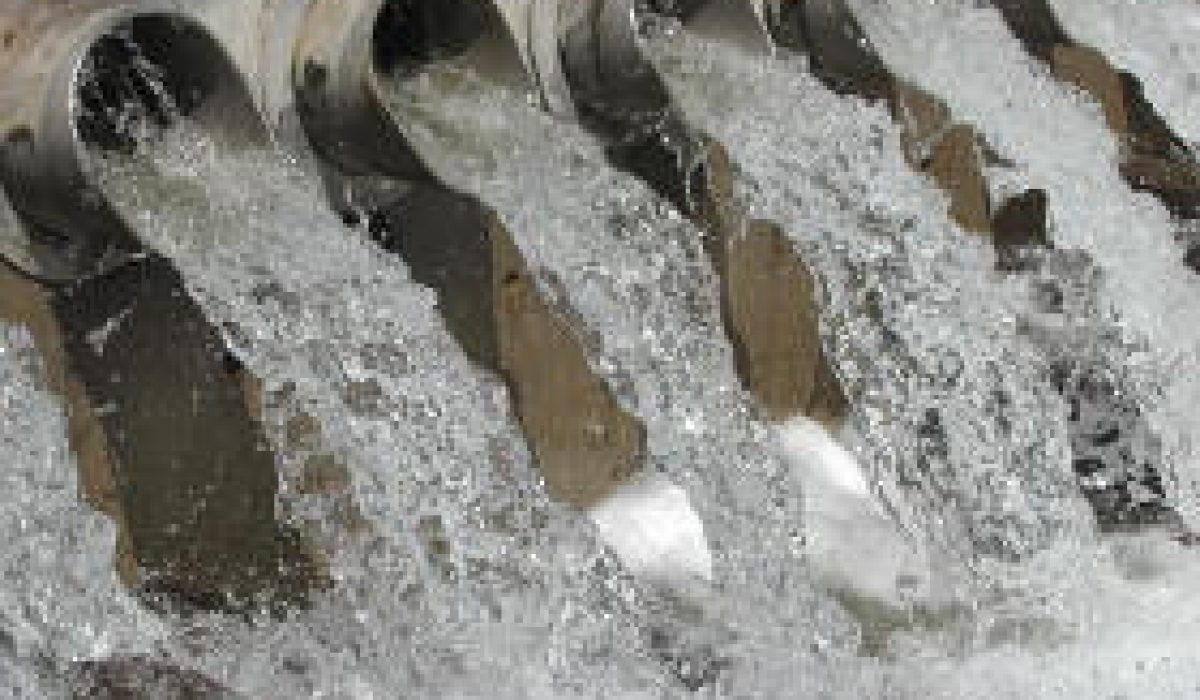
The EPA is proposing new regulations for the steam electric power generating industry to control the amount of contaminates being released into America’s waterways, according to a Power Engineering article. The rule as it stands has not been updated since 1982 and, according to an EPA fact sheet, “does not adequately address the associated toxic metals discharged to surface waters from facilities in this industry.”
Toxins specifically addressed include arsenic, mercury, lead, boron, cadmium, selenium, chromium, nickel, thallium, vanadium, zinc, nitrogen, chlorides, bromides, iron, copper and aluminum. These elements increase the risk of cancer and may have other health consequences when humans consume them through eating fish or drinking the water.
Proposed requirements will affect the following processes/byproducts in the electric power generating industry:
- Flue gas desulfurization
- Fly ash
- Bottom ash
- Flue gas mercury control
- Gasification of fuels
The fact sheet mentions four options the EPA is currently looking at to reduce toxins in waterways. Also mentioned are studies showing that the new regulations will have little effect on the energy industry. Numbers or stats related to the benefits of the plans were not given. The EPA estimates fewer than half of coal-fired power plants will incur any cost due to the regulations. They are trying to work with existing equipment and most power plants already possess the technology needed to meet the proposed standards.
More information can be found on the EPA website.
